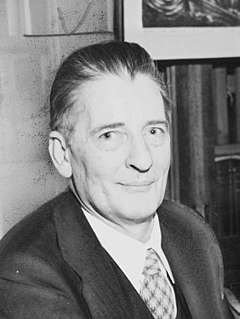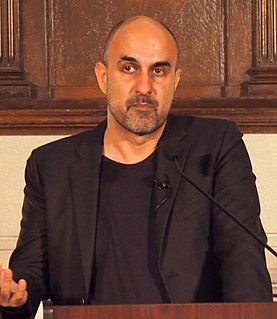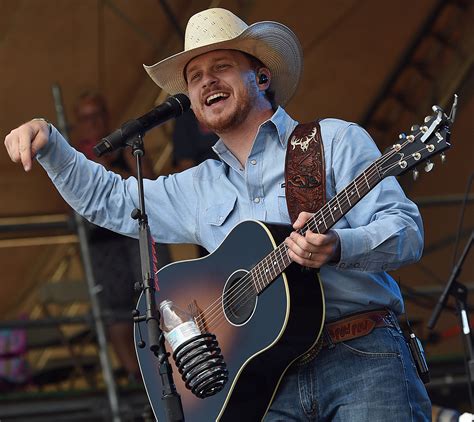A Quote by Pico Iyer
Writing is how I find out what I believe and what I care most deeply about. It's how I sort through the mess of daily experience and try to make sense of it - by stepping out of it for a while. Writing is how I train a searchlight into the darker corners of my self and the world, as I'm sure I'd never do otherwise.
Related Quotes
Anybody can find out if he is a writer. If he were a writer, when he tried to write of some particular day, he would find in the effort that he could recall exactly how the light fell and how the temperature felt, and all the quality of it. Most people cannot do it. If they can do it, they may never be successful in a pecuniary sense, but that ability is at the bottom of writing, I am sure.
In good novelistic fashion, the discovery I’ve made is that it’s complicated. I think that’s one of good things about exploring these questions in a non-polemic, fictional way: you get to feel out territory rather than take positions. Through writing this, I can understand the impulse to faith, how people make meaning, how people make community, without having to say, do this, don’t do that, or I believe, I don’t believe.
When you are writing a spoken word poem, the tools you're working with are your voice, your body, how it's going to sound to someone when you're saying it out loud. Which is different from when you're writing it on the page. That toolbox becomes how does this look visually on the page, how does this read among pages, how is this in relation to poems that are before it or after it. I don't think one is better or more successful than the other. You've just gotta think about "what are the tools I'm using, and how are they most effective in this form?"
The one thing about kids is that you never really know exactly what they're thinking or how they're seeing. After writing about kids, which is a little bit like putting the experience under a magnifying glass, you realize you have no idea how you thought as a kid. I've come to the conclusion that most of the things that we remember about our childhood are lies. We all have memories that stand out from when we were kids, but they're really just snapshots. You can't remember how you reacted because your whole head is different when you stand aside.
There's a continuity between what I care about in any form: I care about it in my music, in article-writing, in how I dress, in how I live, in my relationships, in how I navigate paparazzi, how I decorate my home. There's such a continuity between everything that I don't really care what form it shows up in.







































